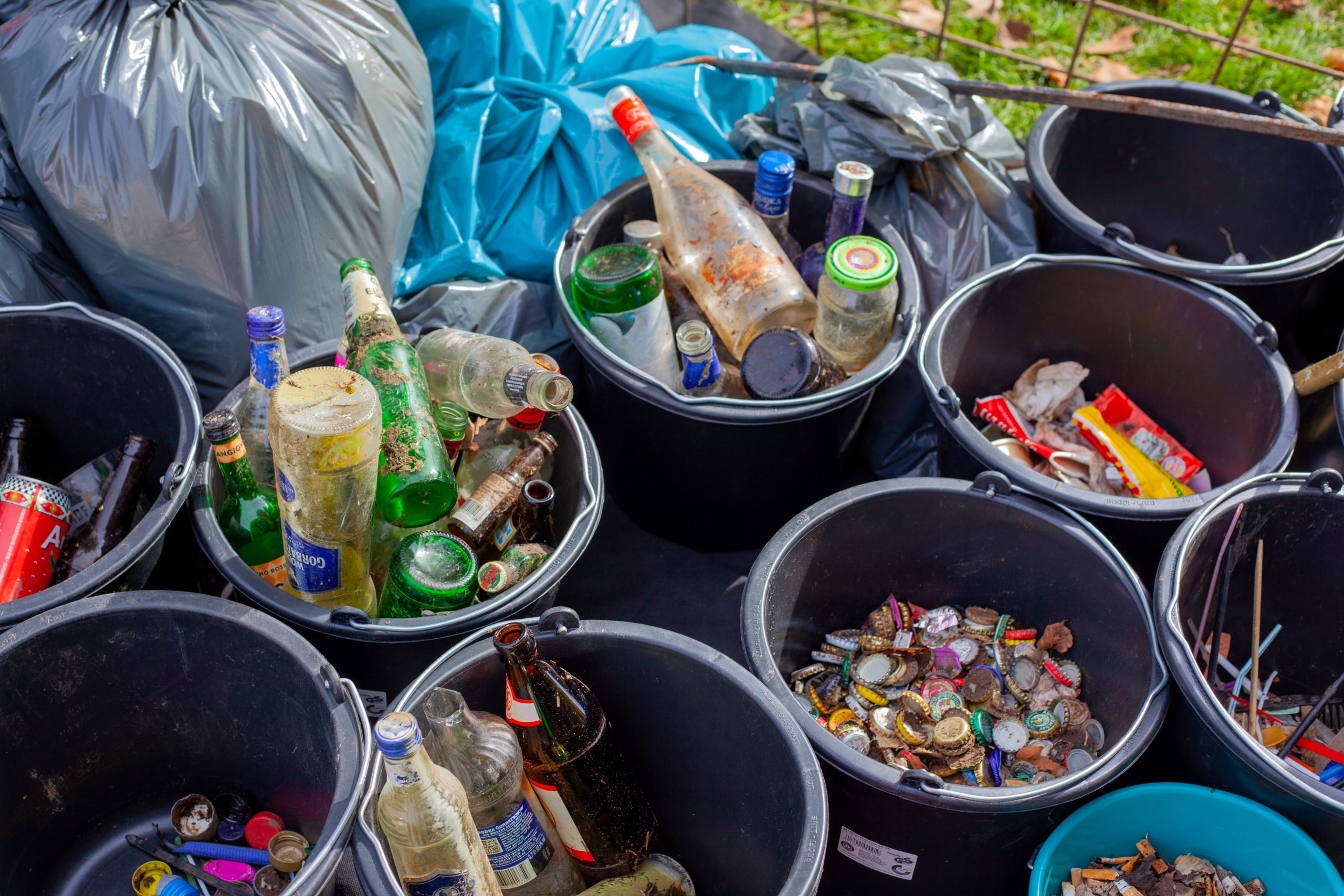
Source: https://www.fhafnb.com/singapore-pride-these-homegrown-companies-are-changing-the-way-we-eat/
It has been over a year since the pandemic started and the early stages impacted food supply chains around the world. This disruption serves as a reminder that countries must become more self-reliant to ensure greater food security. Fortunately for Singapore, we have entrepreneurs innovating across every step of the food supply chain.
In this article, I will be exploring the innovations and uncovering startups in each step of the farm-to-table innovation chain here in Singapore. Additionally, I will be looking at the different innovation gaps across the farm-to-table innovation chain, which includes five different components. They are
- Farm — Production and harvest of food products
- Process — Conversion of food products into other forms
- Kitchen — Preparation of food
- Distribution — Delivery of food
- Table — Consumption of food
Farm
Singapore’s 30 by 30 vision is the goal to produce 30% of its nutritional needs by 2030. It took Singapore around 55 years to produce 10% of its nutritional demands. The country will need to triple its production within a sixth of the time. Creative foodtech companies aim to make this monumental task a reality.
Some startups aim to achieve the 30 by 30 goal by using digital innovation to improve farms. Digital innovation is the use of the internet of things (IoT) and sensors to help farms monitor data and detect problems. This leads to farms becoming more efficient and producing less waste. Companies include UMITRON, which uses solar-powered IoT devices to help aquaculture farms monitor their fishes and surroundings to improve farm efficiency and reduce environmental risks, ensuring sustainable and efficient aquaculture.

Source: https://shiokmeats.com/shiok-meats-launches-the-worlds-first-cell-based-lobster-meat-in-an-exclusive-tasting-event/
Process
Lately, there has been a wave of next-generation foods gaining popularity. Companies are finding new and exciting ways to process food, including plant and cell-based foods. Next-generation foods are more sustainable as they have a lower carbon footprint and help conserve water.
For plant-based food products, a next-gen company called TiNDLE has created plant-based chicken. TiNDLE uses a mixture of plant-based fats and natural flavouring to help recreate the taste and aroma of chicken.
For cell-based food products, we have Shiok Meats and TurtleTree Labs. Both use cells from animals and grow them on a scaffold to produce their desired animal products. Shiok Meats are known for developing cell-based shrimp and recently unveiled their cell-based lobster. Lobsters are notoriously hard to rear due to their long growth cycles, and Shiok Meats will provide a better alternative to raising lobsters.
TurtleTree Labs use cells to produce human and cow milk, paving the way towards a more sustainable source of milk. Additionally, this will also help women that are unable to breastfeed their children. Illnesses and genetic disorders can prevent women from breastfeeding their children, and TurtleTree Labs will provide a better alternative for them.
Kitchen
The pandemic has led to many restaurants closing down due to restrictions in dining out, sparking an increase in cloud kitchens. Cloud kitchens are fully equipped kitchens rented to businesses that prepare food mainly for delivery. Therefore, many restaurants and eateries are able to reduce their costs by using cloud kitchens instead of setting up their own kitchens. Reducing the barrier of entry to delivery-only restaurants can be an opportunity for increased diverse food options in the future. Companies such as Smart City Kitchens, Grain Singapore, and even Grab have been expanding and setting up cloud kitchens all around Singapore.
Distribution
On a global scale, the pandemic has greatly affected food logistics. Transportation of goods, production of food, and the overall logistics of food have been affected. There needs to be greater visibility over all these areas to allow companies to become more agile and adaptable.

CRUST group beverages (Source: https://www.crust-group.com/)
Dimuto, a supply-chain tech company, uses blockchain, AI, and IoT to help digitise the food supply chain, leading to greater visibility for businesses transporting business documents, goods, and services globally. This provides better oversight over the entire food supply cycle, enabling more companies to become more resistant to future disruptions.
Table
In 2019, Singapore generated 744 tonnes of food waste. That is around 2 tonnes per day! Singapore currently imports over 90% of its food, and wasting large amounts of food puts a lot of strain on our food supply chain. Tackling waste is vital to us becoming more self-sufficient and achieving the 30 by 30 goal.
Homegrown companies are paving the way and reducing Singapore’s food waste. CRUST group is a company that brews beer and beverages from surplus bread from hotels and restaurants. They are a great example of upcycling — by turning food waste into products of better quality. To date CRUST group has saved 727kg of food waste!
Another company is Uglyfood, founded in 2017. Uglyfood reduces food wastage by selling excess and ugly produce! This helps to reduce waste from over importing and throwing away produce that are less visually appealing.
Key takeaways
Innovations in the farm-to-table innovation chain are nothing new. But the importance of these innovations has become more significant due to the pandemic. Even so, there are still gaps within the farm-to-table process where innovations are lacking.
One reason why certain areas of the food chain lack innovation could be due to the 30 by 30 goal. The government’s main goal is to create an effective buffer against disruptions by producing more food in Singapore. The Singapore Food Agency (SFA) has launched funding support valued at $30 million for the agritech industry to boost farm outputs. The fund promotes and encourages innovations more towards agritech, plant, and cell-based foods, resulting in other areas of the foodtech landscape such as food processing, food safety, and Smart appliances to lag in innovation. Fortunately, even if there are no notable startups in Singapore in this space, the technology has already been developed. For example, researchers in NTU have developed a way to 3D print food. NUS researchers have also developed a technique to help better screen vegetables to detect trace amounts of pesticide.
Ultimately, with the technology available, these gaps in innovation are primed and ready to be impacted.
With innovations littered throughout the food supply chain in Singapore, the future looks bright for our food security. Food innovation initiatives such as The Hungry Games — a food manufacturing student case competition organised by StartupX and Enterprise Singapore, are also fast approaching. The Hungry Games is also supported by many local renowned food manufacturing companies such as IRVINS and Polar Puffs & Cakes. This is a signal that food manufacturers in Singapore are embracing innovation. I am excited to see the innovations and ideas generated from this initiative. I believe that they will leave a lasting impact on Singapore’s food supply chain and add to its vibrant foodtech landscape.








